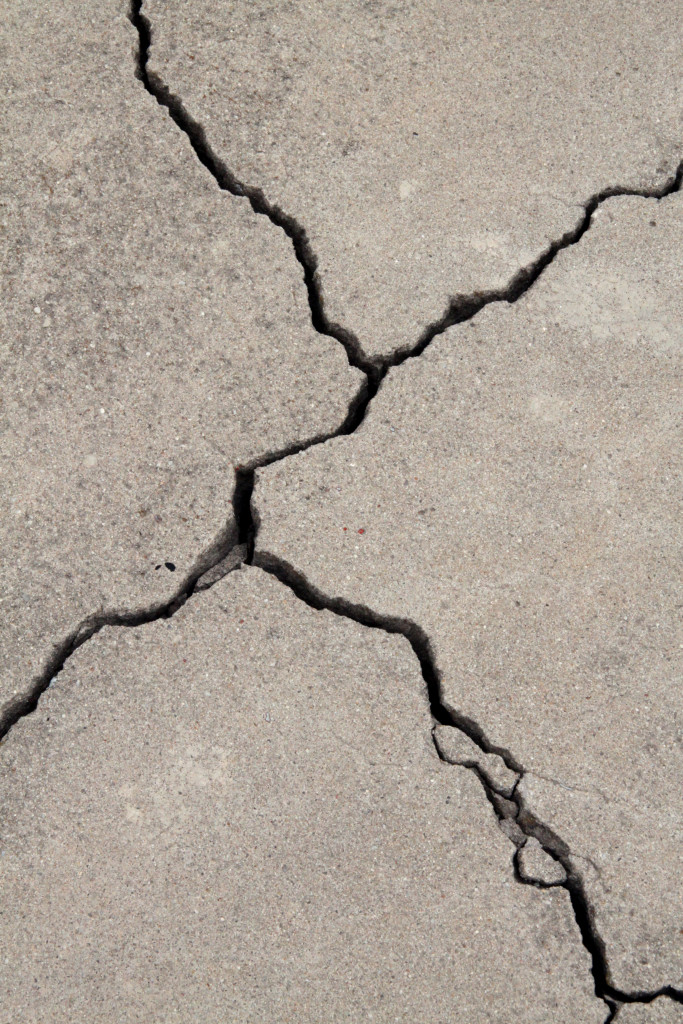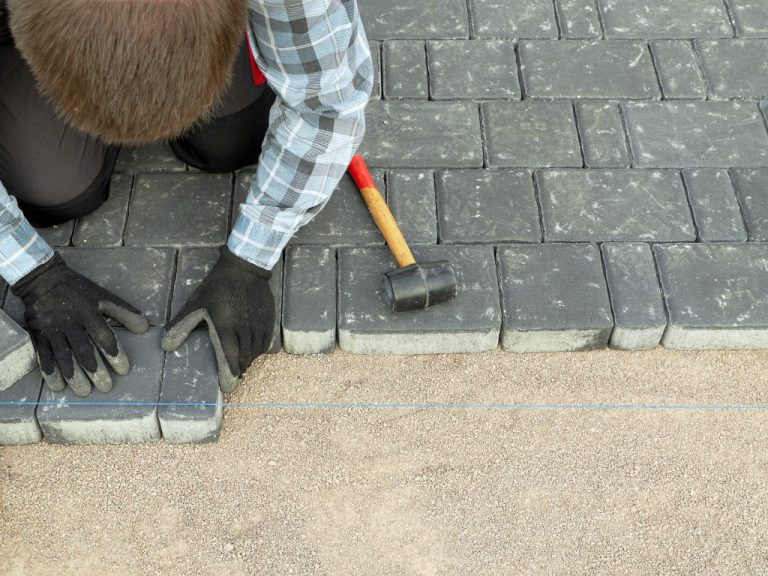Aside from pests and natural wear and tear, Mother Nature is your home’s biggest enemy. Rain, wind, snow, heat, and natural disasters can cause damage to your home like no other, often leaving a multitude of expensive repair bills in its wake.
Mother Nature is a force to be reckoned with, but that doesn’t mean our home should be left vulnerable. That said, here are some of the best ways to protect your property from the elements.
-
Update your exterior paint
Exterior home painting not only gives your house a whole new look (which has a lot of benefits in and of itself, such as increased property value and boosted curb appeal), but it also adds a protective layer to your exterior walls, helping them resist moisture, snow, and strong winds. More importantly, it helps stop moisture from entering the material of your exterior walls, which, in turn, helps protect the structural integrity of your home.
There also several variants of paint that are poisonous to insects. By using such a product on your home’s exteriors, you can reduce the risk of property damage caused by pests such as termites, ants, and roaches.
-
Fix concrete damage
Gaps or cracks in concrete structures, no matter how big or small they are, allow moisture to enter the concrete and cause it to shrink and expand, depending on the weather. For instance, when there is excess moisture in the concrete and winter rolls around, the water can freeze and expand, causing even more cracks to appear and result in the deterioration of the surface.
To protect your concrete structures (driveway, pathway, garage floors, etc.) from excess moisture, make it a point to address cracks as soon as you spot them. Small cracks are often easy to repair with a simple concrete sealant. You can probably do this yourself with little to no tools as well. For big cracks, however, you may have to call in a professional concrete specialist to fix the damage, especially if the concrete has already absorbed large amounts of water.

-
Clean your roof and gutters
You probably don’t check your roof very often — or worse, your only check it when something is wrong. However, keep in mind that snow, rainwater, and all sorts of debris can accumulate on your roof as well as your gutters. When there is too much material on them, there is likely going to be some damage at some point.
For example, if there is too much debris blocking your gutters, rainwater will have a hard time passing through and can eventually start pouring off the sides, which can lead to water damage on your exterior walls. The same goes for the accumulation of debris on your roof. Debris can absorb water, meaning the moisture will stay longer on your roof and probably lead to rot.
To avoid these problems, make it a habit to clean your roof regularly or at least once or twice every season, especially before winter rolls in. Get a professional to do it if you find the job too hazardous to do yourself. Furthermore, invest in gutter guards that will help keep debris from accumulating inside your gutters and causing a blockage (however, you would still have to clean them).
-
Remove dangerous trees
Trees that lean too close to your home or have branches that touch your home can pose a threat. During a storm, the soggy ground can cause the tree to lean and make it easier for strong winds to fall over. If the tree is too close to your house, it can cause tremendous damage to your home as well as put your family’s safety at risk.
Branches can also fall off or fly into your house during strong storms. If the branches are dead, they may also fall off at any time and cause an injury to whoever is unlucky enough to be underneath it when that happens.
If such trees are on your property, it is highly recommended that you remove them. If possible, have the tree removed with the roots intact so that it can be relocated somewhere else (perhaps another spot on your property that is a good distance away from your house). Moreover, regularly trim overhanging branches with the help of a professional arborist.
These are just some of the ways you can protect your home from the elements. However, these aspects are the most important. Heed these tips and rest easy knowing that your home has extra layers of protection against the forces of nature.




